QCF: We Happy Few
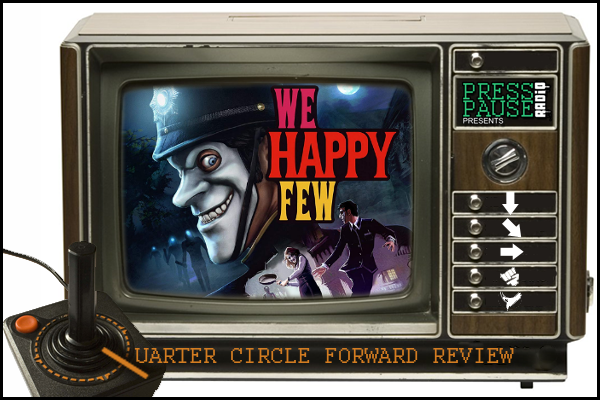
 fter multiple showcases at conventions, and a buzzworthy trailer debut during Microsoft’s keynote at E3 that was soon followed by a number of delays, We Happy Few has finally out on store shelves. Not only did the latest first-person narrative adventure from Compulsion Games have some lofty expectations to live up to, but it also had to stand out within a year that had so many high-pedigree releases like God of War, Red Dead Redemption 2, Shadow of the Tomb Raider, and so many more.
fter multiple showcases at conventions, and a buzzworthy trailer debut during Microsoft’s keynote at E3 that was soon followed by a number of delays, We Happy Few has finally out on store shelves. Not only did the latest first-person narrative adventure from Compulsion Games have some lofty expectations to live up to, but it also had to stand out within a year that had so many high-pedigree releases like God of War, Red Dead Redemption 2, Shadow of the Tomb Raider, and so many more.
Regardless of the imposing odds that lay before it though, We Happy Few, unfortunately, falls under the weight of its own ambitions, and quickly devolves into one of the worst releases seen in 2018.
One of the biggest issues that plague We Happy Few is just how uneven it is in the grand scheme of its own conceit, devolving into a weird identity crisis that’s often at odds with itself. Within the first ten hours of the campaign, the game went at great lengths to paint its world to me, and in the moments where the story finally started payoff on some of the potentials it had, the moment was quickly ruined with clumsy gameplay design that overwhelmed any sort of intrigue that the title briefly had with me.
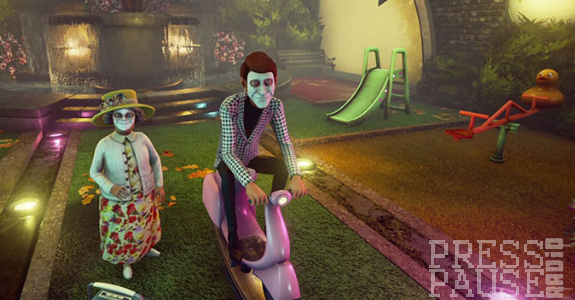
Players will assume the role of Arthur Hastings, a former cog of the dystopian structure enforced within the setting of Wellington Wells, who experiences an epiphany on the current state of things after consciously declining to take a drug that indoctrinates its users with blissful ignorance to the dilapidated environment around them. With his compatriots not taking long to notice his defection as they oust him into the outside world, and it’s here where the game finally begins to give the player agency. Not long after you assume control at this stage though, do We Happy Few’s approaches to the small fish in a large pond quickly begin to fall apart.
Without any sort of pacing to ease players into the demanding climate, the gameplay quickly thrusts open-world survival mechanics onto you without any meaningful exposition or proper introduction to such a dynamic. As the disoriented Hastings, you’re tasked navigating through an endless scene of hostile natives who won’t take kindly to any degree of behavior that deviates from their own, demanding subtle movement among them in order to remain undetected as a result. This is coupled with the need to arm yourself with 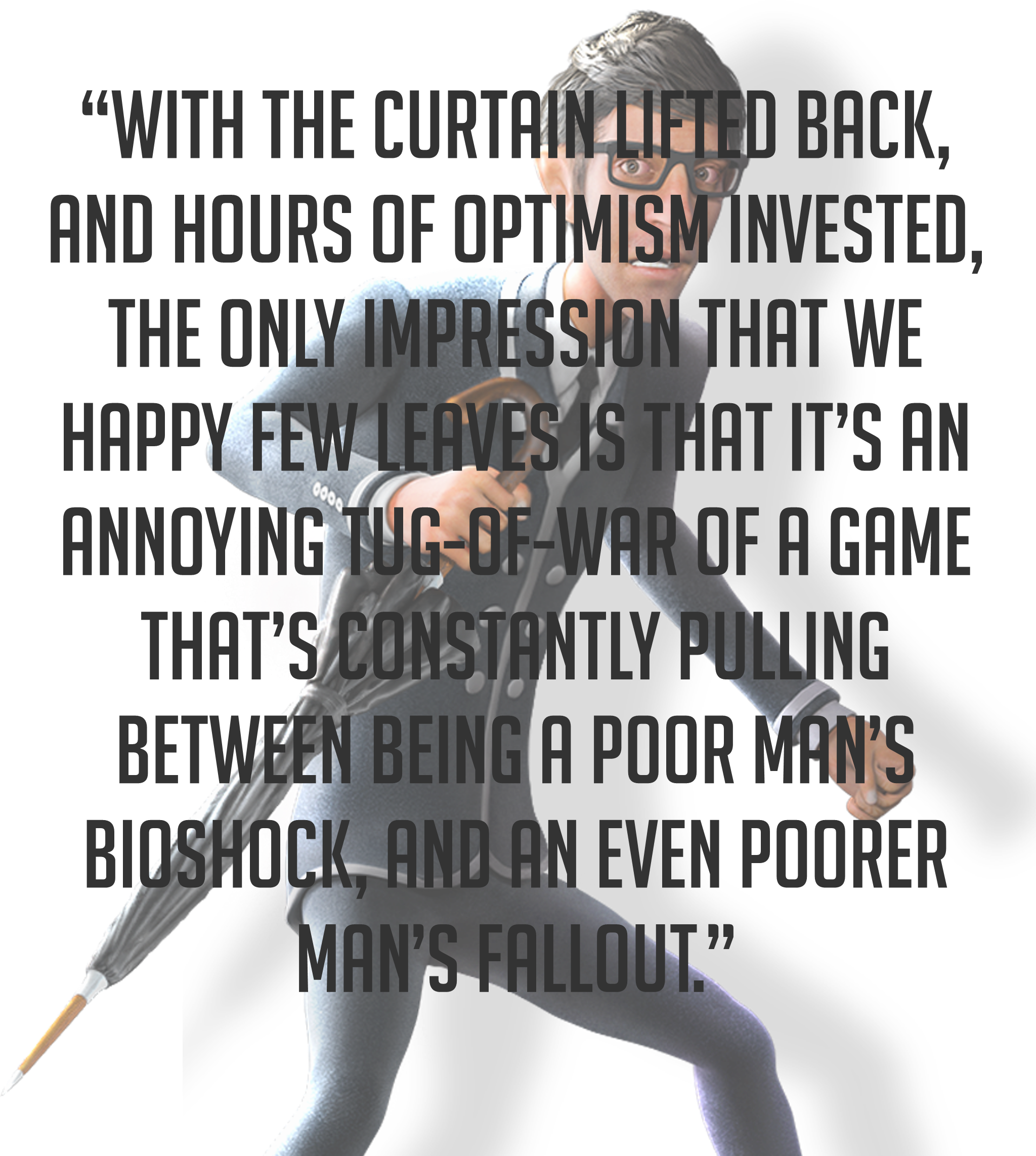 the best weaponry you can find, and sustaining yourself on whatever sort of food or beverage you happen across that won’t kill you. That’s tight, a hunger mechanics, and one that’s so poorly paced, that aside from the nurtured fruits and maintained well water that’s seldom encountered, anything outside of a vending machine is rotten, and often does more harm than good in terms of your health. I understand that these odds don’t sound too far off from other rogue-like survival ventures, but these conditions are far better executed in those contemporary titles than they are in Compulsion’s take on the formula.
the best weaponry you can find, and sustaining yourself on whatever sort of food or beverage you happen across that won’t kill you. That’s tight, a hunger mechanics, and one that’s so poorly paced, that aside from the nurtured fruits and maintained well water that’s seldom encountered, anything outside of a vending machine is rotten, and often does more harm than good in terms of your health. I understand that these odds don’t sound too far off from other rogue-like survival ventures, but these conditions are far better executed in those contemporary titles than they are in Compulsion’s take on the formula.
Whenever a piece of worthwhile food, or a decent weapon is found, there’s hardly a sense of reward, or accomplishment involved with getting it, because We Happy Few does such a poor job of giving a player a balanced world where they can acclimate themselves—progression is often more happenstance more so than it ever is earned. Much of this is further compounded with We Happy Few’s atrocious User-Interface system and inventory management; doing anything in this game just feels like a chore.
A well-designed interface doesn’t have to settle for simplicity—there are dozens of examples where a menu can hide a bevy of sub-menus, and yet still remain intuitive enough for users to seamlessly pilot through it to get what they need out of them. We Happy Few instead opts for a sloppy arrangement that’s reminiscent of a sleep-deprived grad student’s 30 tab-plus internet browser window. There are six main menus that each has a compacted list of sub-menus on top of other sub-menus, without any synchrony, or rhythm to the functions they serve. Feeding yourself, for example, isn’t relatively near the medicinal menu with healing items, and equipment between weapons and items that are just mashed together on the same page with no clear sense of organization to any of it. In a structure that requires constant resource management, this sort of layout isn’t just annoying, it’s inexcusable.
Some of these gripes wouldn’t sting as much if the narrative was captivating enough to compensate for these short-comings but unfortunately, the one aspect that’s remotely compelling about We Happy Few is remotely mediocre at best, and grossly hack at worst. As the campaign advances further, there’s a central theme that gradually props itself within all of the major conflicts of the plot—a commentary on people sedate themselves from the hardships of reality through the use of drugs and derelict recreation in order to cope with said hardships.
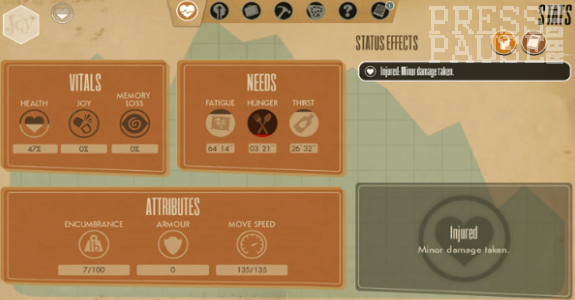
While some of the initial portrayals of this hook on the various characters in We Happy Few are tasteful, and at times, even poignant in their depiction, the eventual message that the plot is trying to convey is just flat. When isn’t uninspired though, the narrative shifts towards a message that’s downright insulting to the demographics of the modern day public that relies on prescription medicine to help treat the various conditions, and traumas that ail them, sanctimoniously chiding them without any meaningful consideration to the benefits and needs for such treatments.
With the curtain lifted back, and hours of optimism invested, the only impression that We Happy Few leaves is that it’s an annoying tug-of-war of a game that’s constantly pulling between being a poor man’s Bioshock, and an even poorer man’s Fallout.
2018 has given the gamer far better uses of their time—give this one a hard pass.
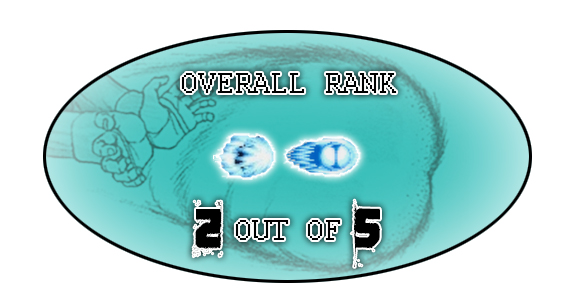




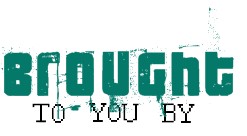
 GeorgieBoysAXE
GeorgieBoysAXE




